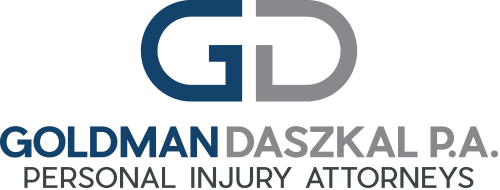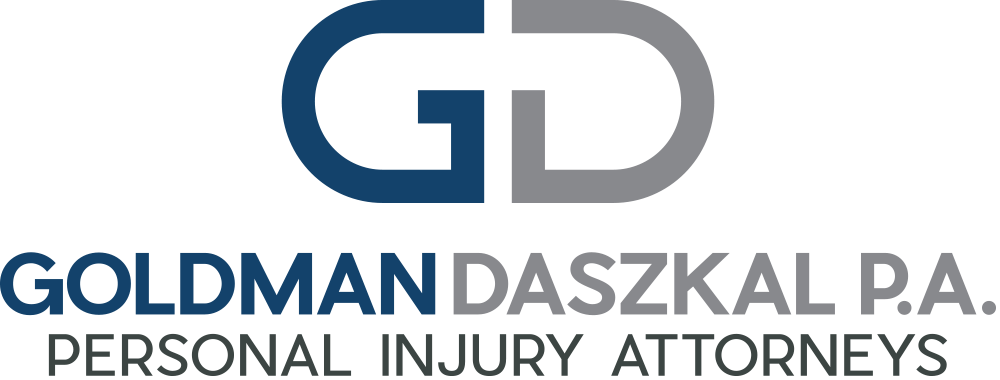Personal Injury and Premises Liability
Let us fight for your rights
Accidents occur in unexpected places, but you shouldn’t have to face the consequences alone. At Goldman Daszkal, we’re ready to support you every step of the way, no matter where the injury occurred. With decades of experience in personal injury and premises liability cases, we know how to secure the compensation you deserve.
WHEN SAFETY FALLS SHORT, WE STEP IN
We can help with personal injury and premises liability cases:
SLIP AND TRIP ACCIDENTS
From slippery floors to uneven walkways, we hold property owners accountable when unsafe conditions lead to injury.
DROWNING
Whether at a public pool or private property, we fight for justice for victims and families affected by drowning accidents.
HOTEL AND PREMISES ACCIDENTS
We know how to address complex premises liability cases if you’ve been hurt at a hotel or other public space.
“We will help you understand your rights and hold negligent parties accountable.”
INADEQUATE SECURITY
When a lack of security causes harm, we’ll help you seek justice and hold responsible parties accountable.
FIRE, EXPLOSION, AND ELECTROCUTION ACCIDENTS
If you’ve suffered severe injuries due to fire, explosion, or electrocution, we’ll work to get you the support you need.
TOXIC EXPOSURE AND CHEMICAL BURNS
No one should face the risks of harmful chemicals. We fight for compensation for those harmed by unsafe conditions.


